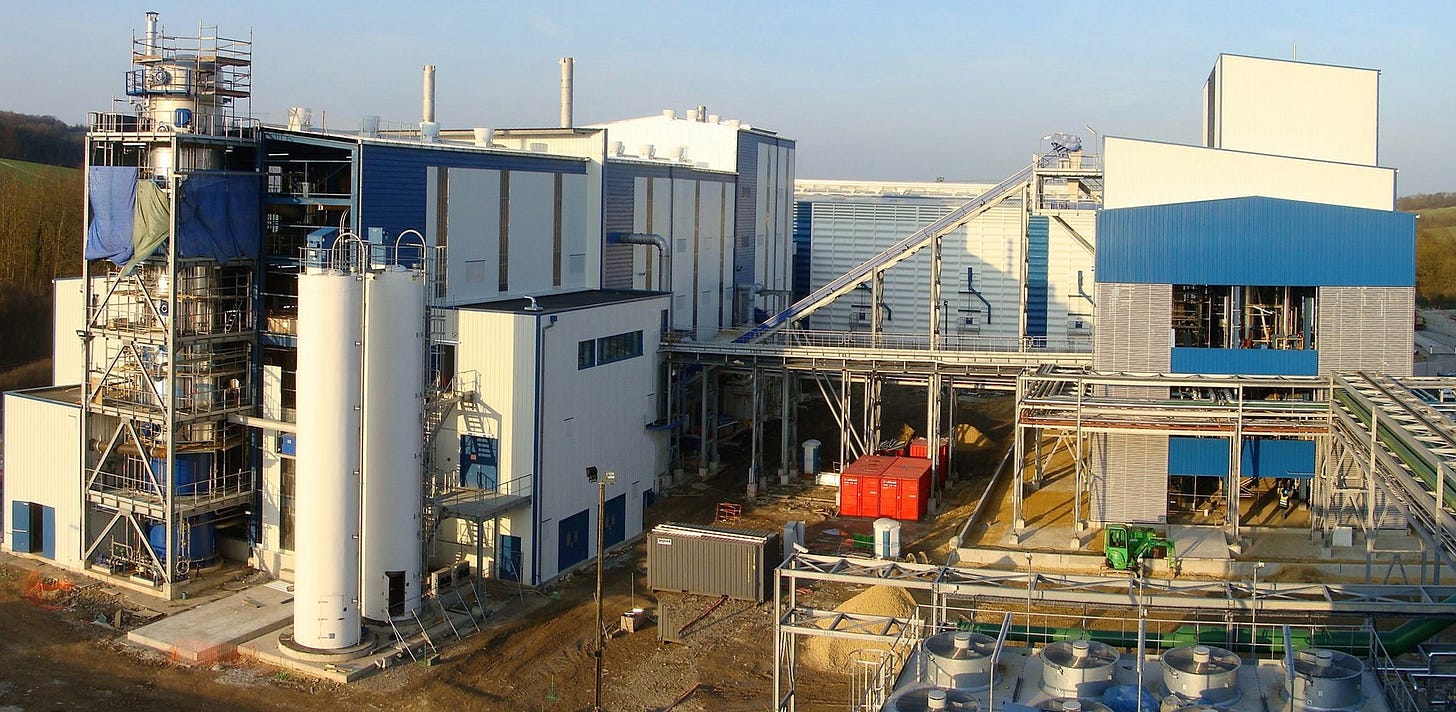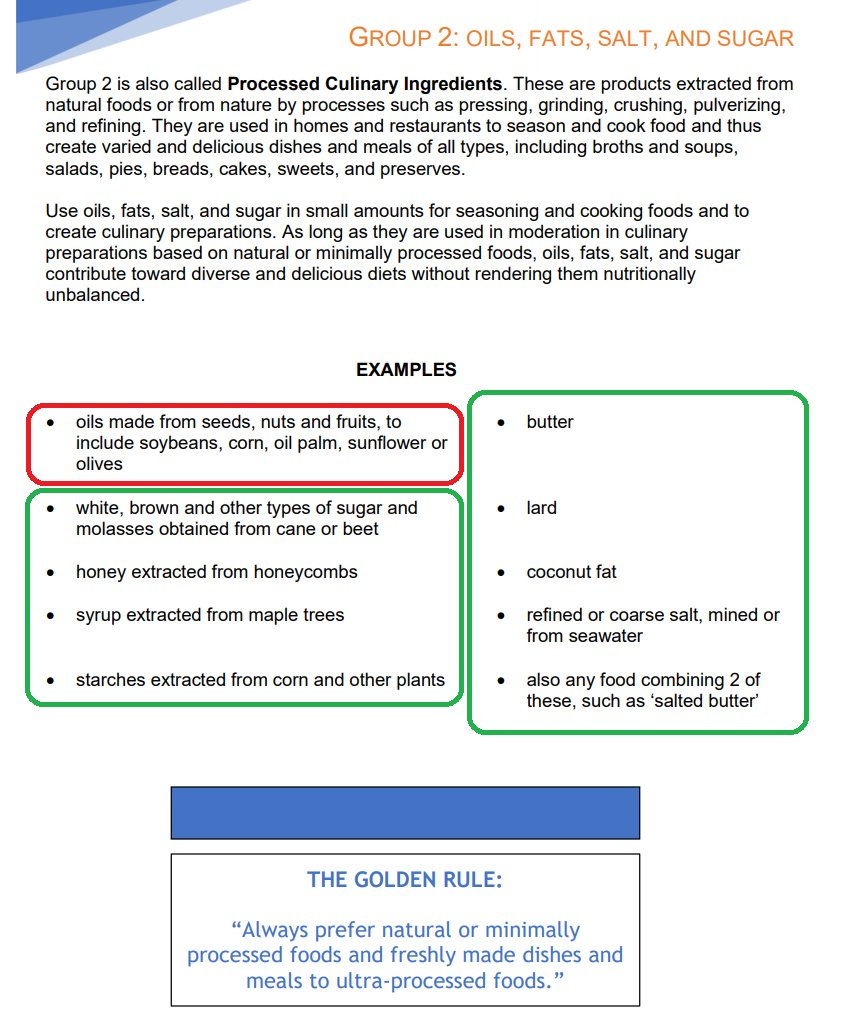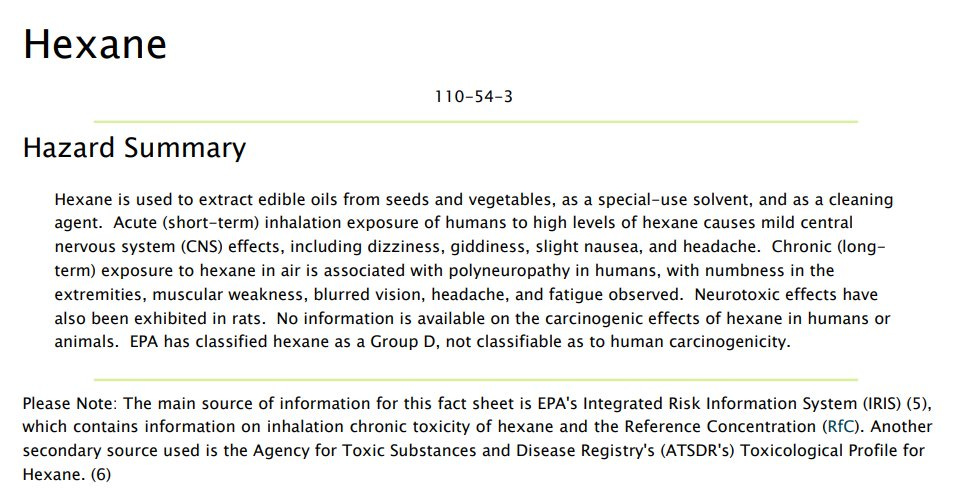What's an Ultra-Processed Food?
tl;dr: The Devil's in the details. Technically, almost everything we eat is a processed food, but that's obviously not a helpful definition.
The study he was announcing was this:
“Effect of Ultra-processed Versus Unprocessed Diets on Energy Metabolism”
“This is a randomized crossover study of adult volunteers to determine the health effects of four different diets varying in non-beverage energy density, hyperpalatable foods, as well as the degree, extent, and purpose of processing according to the NOVA classification system.”
I replied:
“I understand why you are doing it (consistency with prior work) but it's disappointing that you are using the NOVA classification again... What comes out of this plant is ultra-processed, but not according to NOVA.”
It occurs to me that most of the items in the NOVA processed list can be made in one's kitchen, using things one might expect to find in a kitchen.
(OK, a hammer might be in the garage!)
Here's the list of things considered "processed" by NOVA. One of these is not like the rest.
This is how they sneak an objectively "ultra-processed food" into their minimally processed foods.
To claim “As long as they are used in moderation…” is to beg the question. What is moderation? Is a moderate amount of cyanide acceptable?
The recipe for coconut-oil is pretty easy, and can be done in any kitchen, assuming a rock or a hammer. It's not dissimilar to lard or tallow.
Butter is even easier, assuming you have some unpasteurized milk.
But what if you want some soybean oil? Let's assume you don't have an edible-oil plant (like this) in your kitchen. It's probably not in your garage, either.
But you can still make some soybean oil!
“Heat the soybeans in a dry pan to 165 degrees F to make oil extraction easier.
“Using a sharp knife, cut the soybeans into flakes.
“Place them into a percolation extractor and cover them with hexane, a colorless, flammable solvent derived from petroleum.”
While you are looking for your percolation extractor, please remember this:
Safety note: you can't buy hexane in the grocery store, and it's quite dangerous.
So make sure you don't inhale it!
“The percolation extractor will leach oil from the solid soybean flakes. Separate the hexane from the crude soybean oil by placing it into an evaporator and turning it on.”
You have an evaporator, right?
Remember the safety warning!
“This will vaporize the hexane and heat the oil to remove residual solvent. Filter the crude soybean oil by pressing it through a filter press.”
That I think is a pretty good distinction between a "Processed Culinary Ingredient" like coconut oil or butter, and an ultra-processed food like soybean oil.
There are a bunch of other problems with the Nova food categorizations, but that's the main one.
They allow objectively ultra-processed ingredients to contaminate otherwise healthy, minimally processed foods.










NOVA is a psy op
Anyone who uses it can safely be disregarded